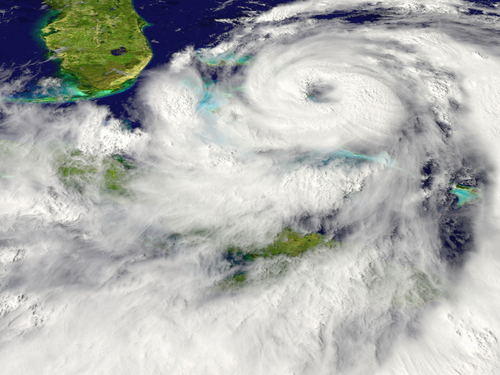Scientists from the Met Office are taking part in an EU-wide project to provide highly accurate forecasts of solar storms that affect our everyday lives on Earth.
The Flare Likelihood and Region Eruption Forecasting (FLARECAST) project has been funded by the European Commission to study the origins of solar storms and build a highly accurate solar forecasting service for Europe.
Solar storms are huge explosions of hot gas from the Sun that, if they impact the Earth, can damage satellite electronics, interrupt radio communications and navigation systems, and even cause instability in electrical power distribution systems.
Met Office scientists will work on the project alongside leading researchers from a consortium of organisations from across Europe.
FLARECAST project scientist, Dr Shaun Bloomfield, who is based at Trinity College Dublin said: “The project brings together European expertise in fundamental solar physics, artificial intelligence and neural networks, and state-of-the-art data-mining techniques to characterise the sources of solar storms – sunspots – and to upgrade flare forecasting to unprecedented levels of precision.”
Manager of Space Weather Research at the Met Office and fellow FLARECAST scientist, Professor David Jackson, added: “The project will provide ground-breaking, highly accurate, near real-time flare-forecasts, which will considerably enhance the quality of service that we provide to our users.”
The FLARECAST service will aim to improve the skill scores of solar flare prediction. An integral part of the project is exploratory research that will push the envelope of current knowledge and even the development of new and promising forecasting techniques.
Project coordinator, Dr Manolis Georgoulis, who is based at the Academy of Athens, said: “We are delighted to launch the first space weather project funded under Horizon 2020. The project will bring together leading European solar physicists and space weather forecasters to deliver a system that automatically – and precisely – forecasts when solar storms will occur, and how large they are likely to be.”
The FLARECAST project launched earlier this month. The project consortium also comprises teams based at Academy of Athens in Greece, Trinity College Dublin in Ireland, Universita degli Studi di Genova and Consiglio Nazionale delle Ricerche in Italy, Centre National de la Recherche Scientifique and Universite Paris-Sud in France, and Fachhochschule Nordwestschweiz in Switzerland.
© Met Office







